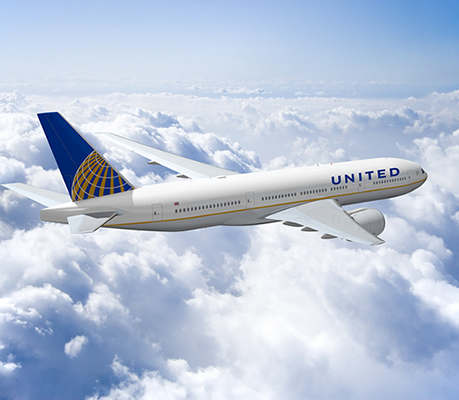
The past few years have seen a rash of major airline mergers, notably Delta and Northwest and, more recently, United and Continental. Globally, large carriers are merging as well, from British Airways and Iberia (both of whom have an alliance with American) and Air France and KLM, to two of Latin America’s biggest carriers, LAN and TAM. So, are more mergers on the way, or will things cool down?
Most airline executives will tell you one thing is certain: The industry needs a fair amount of consolidation. Larger legacy lines in particular benefit from mergers by lowering costs and reducing competition. Domestically, this keeps the big airlines competitive with their much more efficient low-cost rivals.
Further, as in the case of Delta’s and United’s respective mergers, merging allows two international airlines to combine complimentary route maps into truly global networks. The new United, for example, will now wield Continental’s strength in Latin America and United’s extensive service to Asia. These new megacarriers can now compete in almost any market.
Domestically, though, the list of available merger partners is suddenly thin. Among the legacies, only American and US Airways remain unmerged (save for US Airways’ merger with America West several years ago). Will the last two unmatched kids at prom decide to dance for the heck of it? US Airways’ CEO Doug Parker has been one of the most outspoken proponents of industry consolidation, and his airline had been deep in merger talks with United. Those talks broke down and, perhaps, may have jumpstarted the deal between United and Continental. American doesn’t seem interested, anyway, choosing instead to strengthen its domestic route network while expanding its international reach through codeshare agreements. American’s grim financial situation hardly makes it an appealing partner, either.
But what about low-cost carriers? Well, it could happen someday, but at the moment it seems highly unlikely that any two low-cost carriers would join forces, and less so that a low-cost carrier would allow itself to be absorbed by a legacy. Low-cost carriers such as Southwest and JetBlue generally benefit from their independence, if only from a marketing perspective, and their success is built on lean, efficient operations. Perhaps a deal could be struck in which two airlines operate independently under a parent company, which is what British Airways is doing with Iberia, but that seems frivolous. Most of the country’s major LCCs are on stable financial footing, especially Southwest, while others—I’m looking at you, Virgin America—are only just starting to grow. Do they need to merge in the way debt-ridden legacies need to merge? Probably not.
Simply put, where there’s a will there’s a way, and in the case of airline mergers, the will is strong. Giovanni Bisignani, chairman of the International Air Transport Association (IATA) recently lamented the rules in place in many countries that prohibit intercontinental mergers. “In regions, we have been quite successful. You have seen that in Europe and the United States with Delta that it is working,” Bisignani said. “What we need is more transatlantic consolidation, a big American carrier with a big European carrier.
“It is critical that governments find a modern regulatory structure that is free of outdated ownership restrictions and able to facilitate opportunities for consolidation globally—something that other industries take for granted.”
Lost in all this is the consumer, who stands to benefit little from airline mergers. Mergers center around industry dominance or, at minimum, increasing strength and presence in the market. They are not about improving customer service or lowering fares. They are about the big getting bigger, and living to fly another day.
We hand-pick everything we recommend and select items through testing and reviews. Some products are sent to us free of charge with no incentive to offer a favorable review. We offer our unbiased opinions and do not accept compensation to review products. All items are in stock and prices are accurate at the time of publication. If you buy something through our links, we may earn a commission.
Related
Top Fares From
Today's Top Travel Deals
Brought to you by ShermansTravel
Greece: 9-Night Vacation, Incl. Meteora &...
Exoticca
 vacation
$2099+
vacation
$2099+
New Year Sale: Luxe, 9-Nt Alaska...
Oceania Cruises
 cruise
$3599+
cruise
$3599+
Ohio: Daily Car Rentals from Cincinnati
85OFF.com
 Car Rental
$19+
Car Rental
$19+



